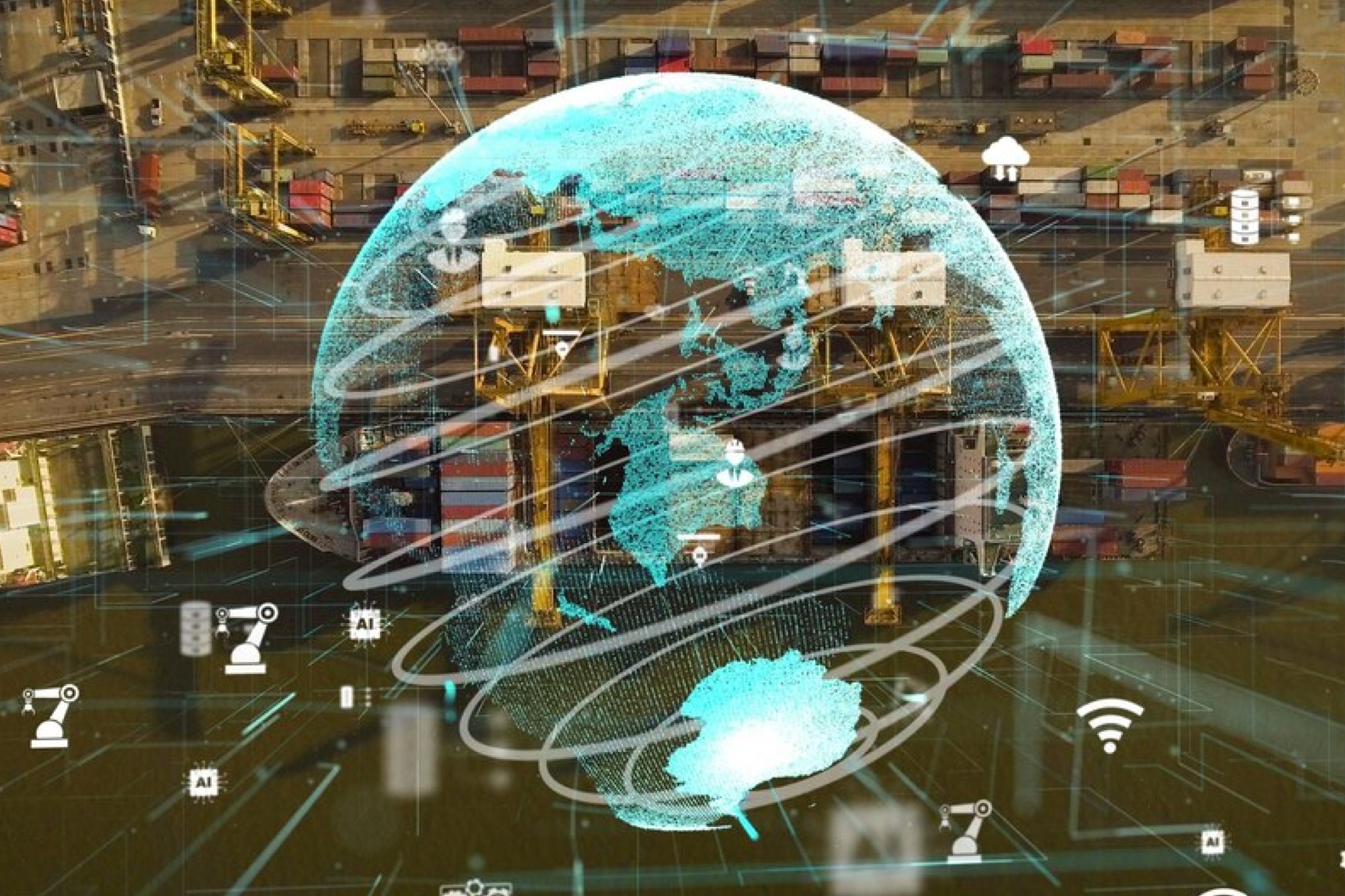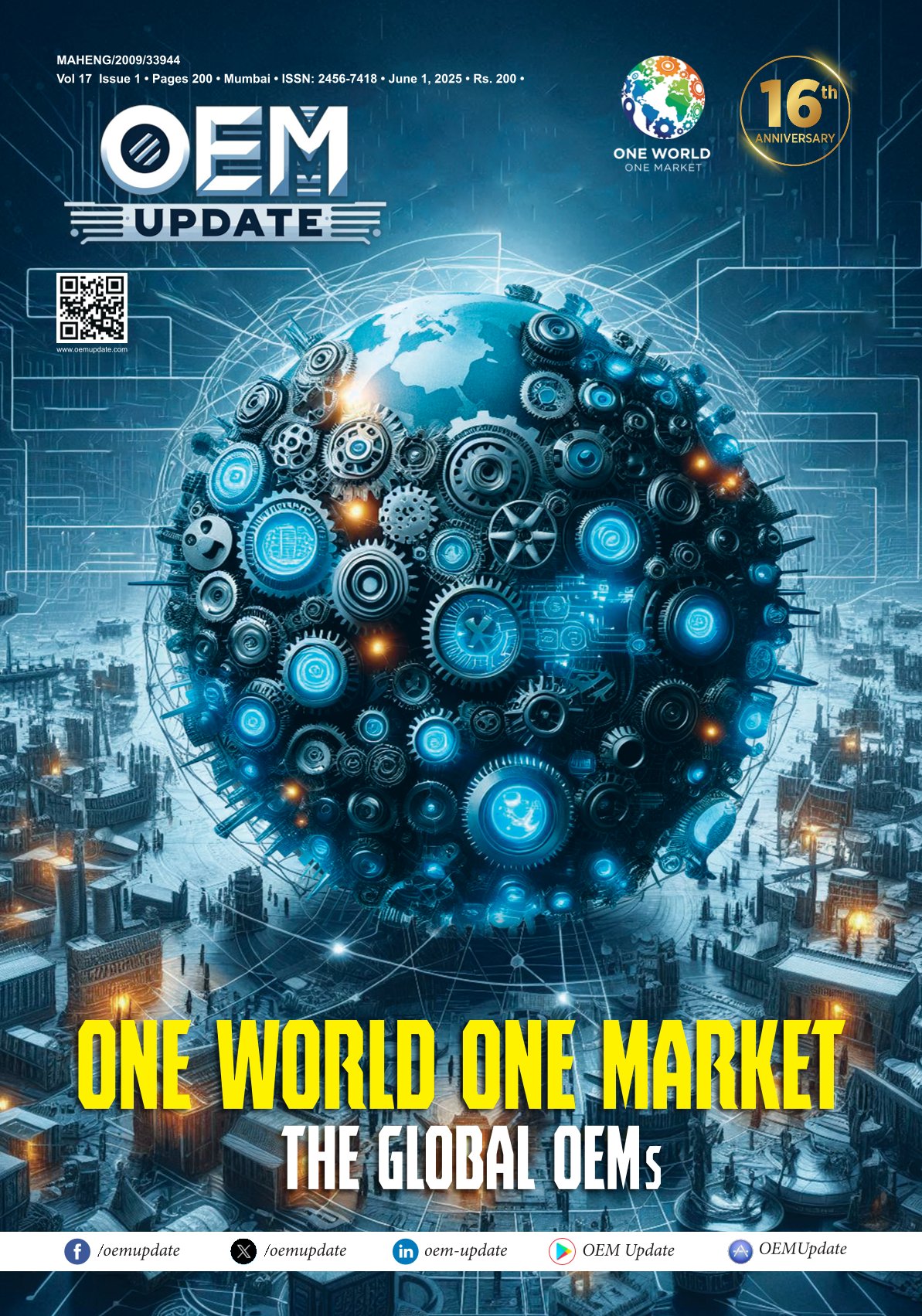SMART METERING Powering energy conservation through M2M technologies
By admin May 26, 2012 7:42 am IST
“M2M technologies, which combine sensors and applications that leverage the power of the available wireless networks to help machines communicate with each other are driving the evolution of smart metering concepts across the world” Emmanuel Maçon-Dauxerre, Energy Segment Sales Director, Telit Wireless Solutions
Energy conservation and eco-friendliness has taken centre stage in the world around, even as the energy resources are depleting day by day. Add to that the environmental concerns of global warming and increasing green house gases, the problem seems ever increasing in nature. Nations and corporations across the globe have energy conservation high on their social and economic agendas. They are trying out various ways and means to conserve energy and produce clean energy.
While clean energy seems to be a natural option, it will take many years before they become mainstream and find unequivocal adoption. But the fact is that there is too much ambiguity and far too much cost involved to economically sustain alternative energy sources as the prime source of energy. However, even with alternative energy coming into play, the key to energy security and a cleaner environment is conservation of energy. But most importantly, it is about the most efficient and optimal usage of energy which surpasses every other concern that we may have.
For instance, in India, the government has launched an ambitious program under the National Solar Mission wherein it intends to establish India as a global leader in solar energy, by creating the policy conditions for its diffusion across the country as quickly as possible. The first phase (up to 2013) will focus on capturing of the low hanging options in solar thermal; on promoting off-grid systems to serve populations without access to commercial energy and modest capacity addition in grid-based systems. In the second phase, after taking into account the experience of the initial years, capacity will be aggressively ramped up to create conditions for up scaled and competitive solar energy penetration in the country.
Besides that, the government also has decided to dole out tariff subsidies for consumers reducing the burden on utilities and making alternative power affordable for consumption. However, in spite of these efforts one of the key concerns that the government has in mind is the issue of optimal energy usage without any wastage or unaudited usage of energy. One of the key aspects that will make the government’s plan to provide power grid based areas and off grid areas with non-conventional sources of energy is proper accounting/ auditing of the power being consumed. Amongst the primary reasons are pilferage and wastage of energy due to theft and technical power losses. Even if the government provides power to off-grid areas with non-conventional sources of energy, the key concern of the government would be to ensure that power usage is fairly balanced between power generation costs and revenues. If it is unable to check this aspect most of the projects envisaged by the government may start to seem untenable.
The main reason behind is that the alternative energy today is considered to be a costlier alternative to conventional energy sources albeit with significant long term economic and environmental benefits. And if the power generated by alternative sources is not consumed in an accounted manner, the cost of funding such projects will grow manifold making alternative sources of power a distance reality.Same holds true for the conventional sources of energy. Today, only about 60 per cent of the power generated by the country reaches the consumer. Nearly 40 per cent of the power generated is lost due to inefficient transmission technologies and theft. If the scenario remains unchanged with alternative sources of energy kicking in, the scenario would not be any more different. Apart from these aspects, there is also a lack of understanding and awareness amongst consumers in terms of efficient usage of the power that reaches their homes further adding to the woes of energy conservation.
Though Transmission & Distribution (T&D) losses are not unique to India, it has global precedence as well, the key aspect besides creating awareness amongst consumers on efficient usage of power is that technological interventions need to be put in place to alleviate these issues to a great extent.
Cookie Consent
We use cookies to personalize your experience. By continuing to visit this website you agree to our Terms & Conditions, Privacy Policy and Cookie Policy.















